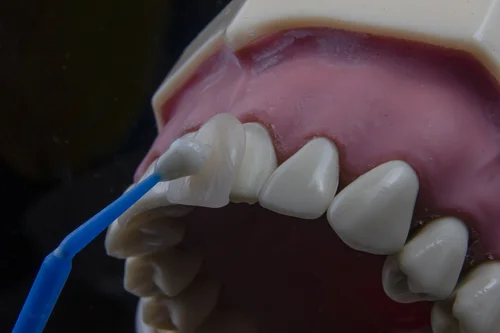Islamic teachings emphasize the importance of maintaining natural beauty and avoiding unnecessary alterations to Allah’s creation. This leads to a common question among Muslims: Are veneers haram? Veneers, including porcelain and composite types, are widely used in cosmetic dentistry to enhance the appearance of teeth. The ruling on veneers largely depends on the intention behind getting them. If veneers are used for medical purposes, such as restoring damaged teeth, they are generally considered permissible. However, if they are used solely for beautification and unnecessary alteration of natural features, some scholars view them as haram. For those considering dental treatments, Composite Veneers in Dubai offer a popular and accessible option.
Islamic Perspective on Veneers:
The permissibility of veneers in Islam is a subject of debate among scholars. Some argue that altering the natural state of the body for non-medical reasons is discouraged, referencing hadiths that warn against unnecessary body modifications. Others believe that enhancing one’s smile for confidence and personal well-being is permissible, provided it does not involve deception or excessive modification.
When Are Veneers Permissible?
- Medical Necessity: If a person has broken, chipped, or severely discolored teeth that affect their health or functionality, veneers are allowed.
- Correcting Deformities: If someone has naturally irregular teeth that cause discomfort or difficulty in speaking or eating, veneers can be justified.
- Avoiding Deception: Islam discourages actions that mislead others. If veneers create an appearance that significantly alters one’s real features in a deceptive manner, they may be considered haram.

When Are Veneers Considered Haram?
- Purely Cosmetic Reasons: If the sole purpose is to change appearance without medical justification, some scholars deem it impermissible.
- Changing Allah’s Creation: Altering the body for unnecessary beautification is considered altering Allah’s creation, which some scholars warn against.
- Excessive Extravagance: Spending excessively on cosmetic procedures purely for aesthetic reasons can be considered wasteful in Islam.
FAQs
Are veneers a form of deception in Islam?
Not necessarily. If they restore natural function or appearance, they are permissible. However, if used to deceive, they may be considered haram.
Is there a difference between composite and porcelain veneers in Islamic rulings?
No major difference exists in rulings based on material alone; the intention behind getting veneers is more important.
Are veneers considered a permanent change?
Yes, as they involve altering the natural enamel. This is why some scholars argue against them for purely cosmetic purposes.
Conclusion
The permissibility of veneers in Islam depends on intent. If they serve a functional or medical purpose, they are generally allowed. However, purely cosmetic alterations without necessity may be discouraged. Those seeking dental solutions, such as Composite Veneers in Dubai, should consult both a qualified dentist and an Islamic scholar to make an informed decision that aligns with their faith and personal needs.





Comments